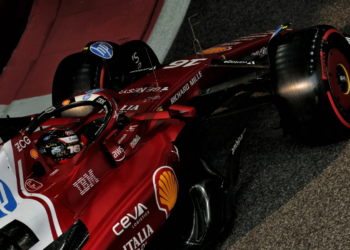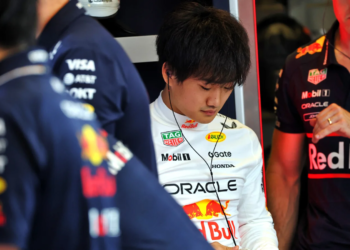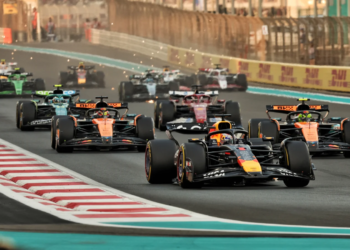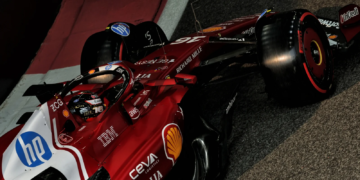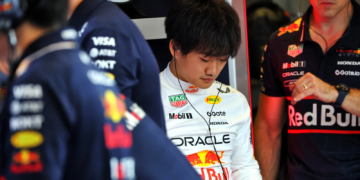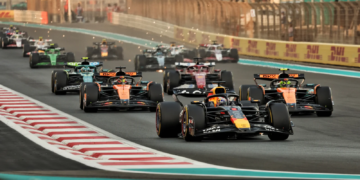Formula 1 engines are the most advanced and efficient machines in motorsports. The fuel system in an F1 car is one of the most complex and sophisticated systems that can be found in any race car.
The fuel filter plays a critical role in ensuring that the engine receives clean fuel to run efficiently. So, let’s learn more about this!
The fuel system in Formula 1 cars
The fuel system in a Formula 1 car is a complex setup that includes a fuel tank, fuel pump, fuel injectors, and a fuel filter. The fuel tank is typically located behind the driver’s seat and can hold up to 100 kg of fuel. The fuel injectors then inject the fuel into the combustion chamber, where it is ignited to produce power.
Why is the fuel filter important?
The fuel filter is an essential component of the fuel system in a Formula 1 car. If the fuel filter becomes clogged or damaged, it can restrict the flow of fuel to the engine, causing a drop in performance or even engine failure.
How often should the fuel filter be replaced?
The fuel filter in a Formula 1 car should be replaced regularly to ensure that the fuel system is functioning correctly. It is recommended to replace the fuel filter every 10,000 miles or per the manufacturer’s instructions. However, in the case of Formula 1 cars, the fuel filter may need to be replaced more frequently, depending on the racing conditions and other factors.
FAQs
What is the purpose of a fuel filter in a Formula 1 car?
The purpose of a fuel filter in a Formula 1 car is to remove any dirt, debris, or other contaminants that may be present in the fuel before it reaches the engine. This ensures that the engine receives clean fuel, which is essential for optimal performance.
How can you diagnose a faulty fuel filter in your car?
You can diagnose a faulty fuel filter in your car by looking for symptoms such as loss of power, engine stalling or hesitation, difficulty starting the engine, engine misfires, and unusual engine sounds.
What are the symptoms of a bad fuel filter in a Formula 1 car?
The symptoms of a bad fuel filter in a Formula 1 car include loss of power or acceleration, engine stalling or hesitation, difficulty starting the engine, engine misfires, and unusual engine sounds.
How often should you replace the fuel filter in a Formula 1 car?
It is recommended to replace the fuel filter in your road car every 10,000 miles or as per the manufacturer’s instructions. However, in the case of Formula 1 cars, the fuel filter may need to be replaced more much frequently, depending on the racing conditions and other factors.
Can a clogged fuel filter cause engine failure in a Formula 1 car?
Yes, a clogged fuel filter can cause engine failure in a Formula 1 car. If the fuel filter becomes clogged or damaged, it can restrict the flow of fuel to the engine, causing a drop in performance or even engine failure.




